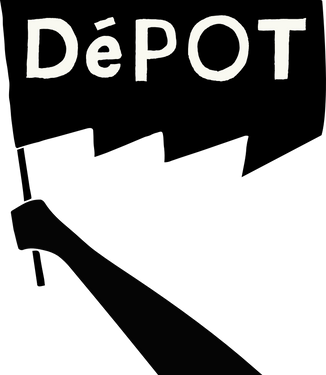
Mirna Ashraf Ali
Mirna Ashraf Ali is currently an Urban Heritage Planner at UNESCO| World Heritage Centre, World Heritage Cities Programme, She recently had her
Double Degree Master's of Urban Design and Heritage Studies at Brandenburg University of Technology in Germany and Alexandria University in Egypt. (RHCD- Revitalization of Historic City Districts). She received her bachelor's degree in Architecture from Alexandria University in 2018. Her current field and expertise is urban heritage research with cultural platforms and initiatives in Cairo and Alexandria, for she worked as a research assistant since she graduated. She also participated in several international workshops and projects before her graduation, from
which she got an interest and responsibility for the built environment and sociology. From the main highlights of her participation; In 2016 she was one of the organisers of the workshop and project " A Schoolyard for All" under UNHCR, Alexandria University and
Ecumene Studio, which is a participatory design project. In 2018, she participated in the international workshop "Remake the City I" at the Swedish
Institute in Alexandria about Dialogues on Urban Development to Combat Climate Change. In 2019, she worked for the interpretation and
development of museum content at Shaboury museums consultancy and as a research assistant at Cairo Heritage School. In addition, Mirna Ashraf is
interested in the study of archaeology concerning the participation of the communities and its impact on the urban sphere, so in 2020, she joined
TICCIH as a student membership. She is also a member of ESACH "European Students' Association for Cultural Heritage."
Documents
Sessions in which Mirna Ashraf Ali participates
Monday 29 August, 2022
Sessions in which Mirna Ashraf Ali attends
Sunday 28 August, 2022
You are invited to the McGill-Queen’s University Press book launch of “Deindustrializing Montreal: Entangled Histories of Race, Residence and Class” on Sunday August 28th (1-3pm) at Batiment 7’s
Join the conference organisers and TICCIH board members for a welcome cocktail and some festive words of introduction, in the former forge of the École technique de Montréal, founded in 1909, now part of the Université du Québec à Montréal campus.
Monday 29 August, 2022
Industrialization processes have been global from their very beginning. However, their interpretation still tends to be limited to specific locations or regions, and to specific time periods. Regularly, for example, it is stated that the industrial revolution started in Europe, from where it spread to the world, supposedly bringing technological and social progress to „less developed“ countries. Earlier periods of technology and knowledge transfer processes, that were already in place in t...
Tuesday 30 August, 2022
Wednesday 31 August, 2022
The Soulanges Canal is an infrastructure, located on the north shore of the St. Lawrence, which was opened to maritime traffic in 1900, succeeding the "old canal" of Beauharnois (established since 1843 on the north shore of the St. Lawrence). The Soulanges Canal was abandoned in 1959, when the current St. Lawrence Seaway linking the Great Lakes to the Atlantic opened.The Soulanges Canal was designed by the engineer Thomas Monro (1831-1903). Of Irish origin but trained in civil engin...
In this lecture, I would like to talk about deindustrialised communities, heritage and memory in the context of right-wing populism. Drawing on studies of memory and heritage, I argue that right-wing populists have cornered the market on talking about the past of deindustrialised communities. They have successfully misrepresented this rich and complex history to fuel rage, resentment, fear and reactionary nostalgia. Indeed, ‘the past’, and in particular the industr...
Thursday 1 September, 2022
This lecture will argue that the landscapes of industrial heritage that can be found in different parts of the world are directly related to the place-specific trajectories of deindustrialization. In other words: the different ways in which deindustrialization impacts on local communities has a direct bearing on the emergence of forms of industrial heritage. I will differentialte between deindustrialization paths and related industrial heritage regimes in a) Anglo-...
Friday 2 September, 2022
Walkers will meet at the entrance (there is only one) of Lionel Groulx Metro and from there walk along the canal to the St-Gabriel Locks. This was once the most heavily industrialized area in Canada. It is now a zone of affluence between the hardscrabble, but now gentrifying, Point Saint-Charles, historically Irish and French, and Little Burgundy, one of Montreal's first multi-racial neighbourhoods. Several former factories were converted into condominiums in the...
Saturday 3 September, 2022
Uncover the vestiges of the Canadian Pacifie Railway tracks and the former Angus Shops, which played integral raies in the industrial and residential development of Rosemont. This tour wi/1 give you insight into the industrial past of the neighbourhood and its new life bath as a place to live and to work.A tour designed and guided by Heritage Montreal. Departure at the corner of Rachel and Dézéry streets, 10 minutes walk from Prefontaine metro station






